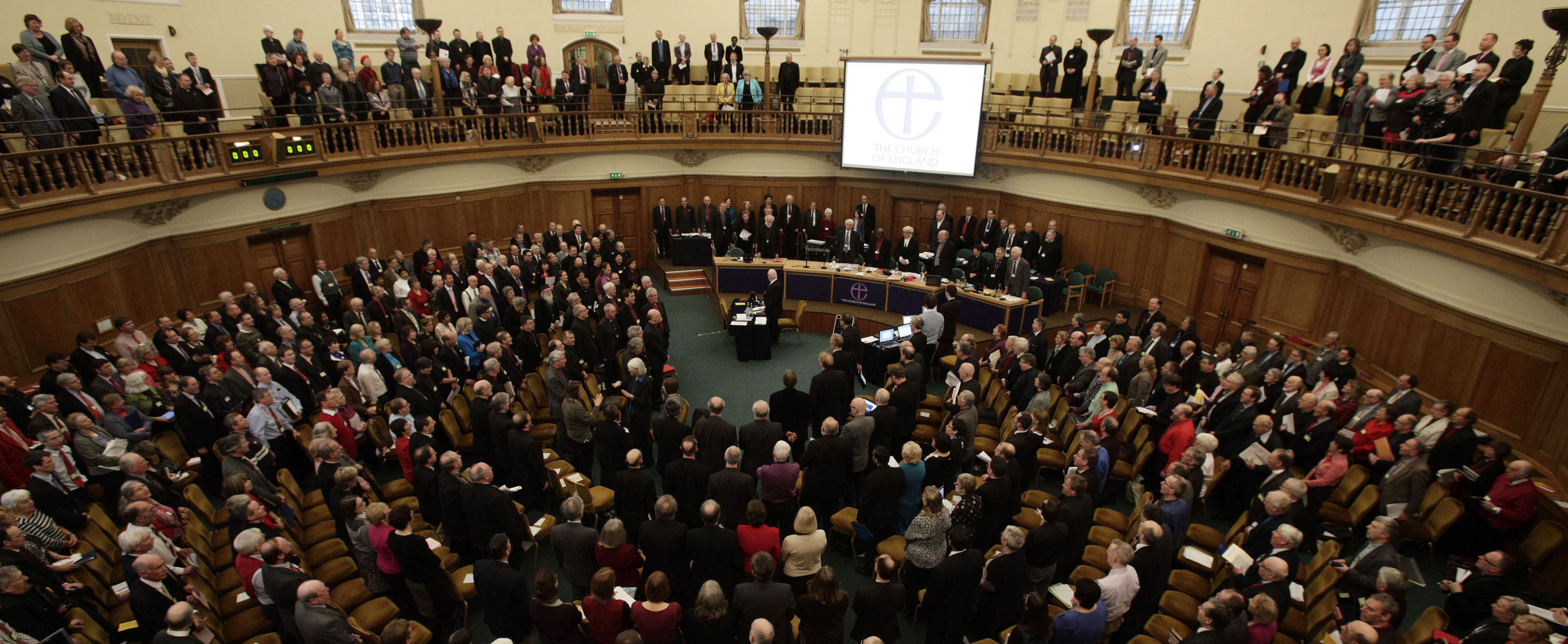Women bishops: laity votes in no confidence motion
The debate over women bishops in the Church of England is reignited today as one of the houses of the church’s governing body meets to consider calling for the resignation of its chair.

The House of Laity, part of the General Synod, is meeting in London for an extraordinary meeting to vote on a motion of no confidence in chair Dr Philip Giddings, who spoke against women bishops – directly after the Archbishop elect, Rev Justin Welby spoke in favour.
Canon Stephen Barney, who will propose the motion after setting up a petition, says Dr Giddings’ action “undermined” the speech of the archbishop-elect and were not representative of the house.
The petition followed the failure of the General Synod to agree to allow women to become bishops after a long running debate and received signatures from 20 per cent of the house, double needed for the meeting to go ahead.
It was the House of Laity, made up of “ordinary” members of the Church of England, which scuppered November’s vote after it failed to reach a two-thirds majority in favour.
The other two houses, the House of Bishops and the House of Clergy, both voted in favour of women bishops.
Not personal
Speaking to Channel 4 News ahead of the meeting, Mr Barney, who has insisted the motion is not a personal attack, said the purpose of the meeting was not to debate women bishops in this particular incident, but whether Dr Giddings was representing the house which he chaired.
He said: “I hope that we will have a proper debate. It’s a question of whether this was appropriate given that he was not representing the view of the vast majority of the House of Bishops, the House of Clergy and indeed all but 74 of the House of Laity.”
In describing his motion, he said: “I have always been one of the first to say that individuals must vote according to their consciences. However, leaders have other responsibilities and accountabilities.
“I feel that if I am to support the leader of a group of which I am a member, then that leader must show wise and good judgement – and I do not believe that this has happened.”
If more than half of the laity say they have no confidence in Dr Giddings, then the motion will be passed and Mr Barney says it will send a very clear signal to the Synod’s working group on women bishops, which meets next month to draw up a new legislative package to be presented to members in July.
Dr Giddings has not yet commented on the issue and said that “the time for debate is when we have the debate.”
The author of this piece, Katharine Barney, is the daughter of Canon Stephen Barney.